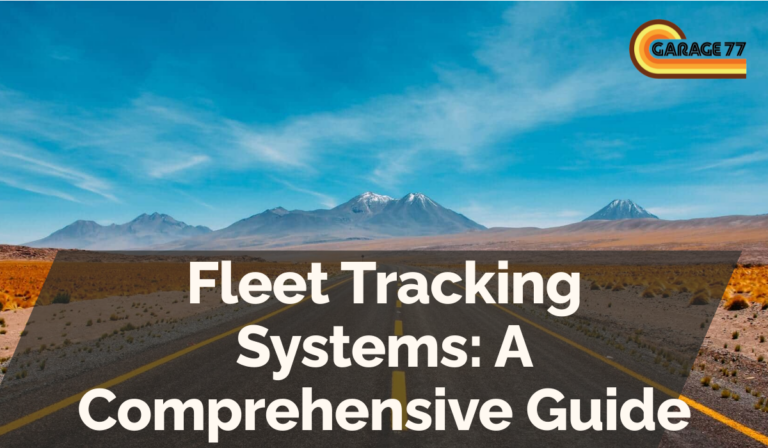Fleet management is a challenge for any business with a mobile workforce. Inefficient routing, missed appointments, fuel consumption, and vehicle wear and tear all add up to lost revenue and productivity. Fleet tracking systems can help businesses overcome these challenges, offering real-time data and insights to optimize their day-to-day operations.
What is a Fleet Tracking System?
A fleet tracking system is a combination of hardware and software that captures and communicates data from vehicles in a fleet. This data can include vehicle location, speed, fuel consumption, braking patterns, and more. The data is transmitted to a central system, where it can be analyzed and used to improve fleet operations.
Integrations with Existing Systems
Most businesses already have systems in place to manage their operations. These might include CRM, ERP, and other industry-specific software. Fleet tracking system integrations allow businesses to leverage the data from both their tracking system and existing systems to gain deeper insights and make more informed decisions.
CRM Integration
A customer relationship management (CRM) system is a vital tool for businesses to manage customer interactions and relationships. By integrating with a fleet tracking system, businesses can gain operational insights that inform customer interactions. For example, if a delivery truck is running late, a customer service representative can provide a more accurate estimate of arrival time, improving customer satisfaction.
ERP Integration
Enterprise resource planning (ERP) software is used to manage business processes such as inventory, accounting, and human resources. Integrating a fleet tracking system with an ERP can provide real-time data on inventory levels, supply chain disruptions, and other issues that impact fleet operations. This allows businesses to make informed decisions that keep their operations running smoothly.
Industry-Specific Integrations
Some industries face unique challenges when it comes to fleet management. For example, the transportation industry may need to comply with regulations such as hours of service (HOS) restrictions. Integrating a fleet tracking system with HOS compliance software can ensure that drivers are meeting regulations, preventing fines and legal issues.
Benefits of Integrations
The benefits of fleet tracking system integrations go beyond data visibility. By integrating with existing systems, businesses can gain a holistic view of their operations and make informed decisions that improve efficiency and reduce costs.
Real-Time Data
Integrations allow for real-time data sharing, ensuring that businesses have the most up-to-date information to make informed decisions.
Improved Visibility
By integrating data from multiple sources, businesses gain a more comprehensive view of their operations. This allows them to identify inefficiencies and optimize processes.
Cost Savings
With a more efficient fleet and optimized processes, businesses can save money on fuel, maintenance, and other operational costs. Integrations also help prevent fines and other legal issues that can cost businesses money.
Conclusion
Fleet tracking system integrations allow businesses to leverage data from multiple sources to gain deeper insights and make more informed decisions. With real-time visibility into fleet operations and a more holistic view of their operations, businesses can improve efficiency, reduce costs, and improve customer satisfaction.







